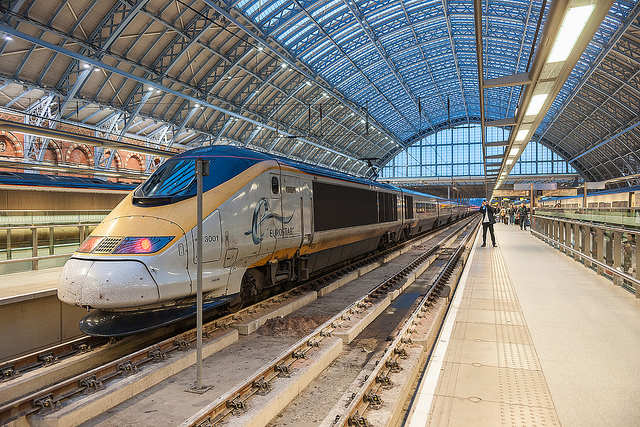Last week, Canada’s Caisse de dépôt et placement du Québec acquired a 30 percent stake in Eurostar International, a high-speed rail service that runs between London, Paris and Brussels.
The deal came just months after Caisse partnered with Quebec’s government to take over some of the province’s major infrastructure projects.
Leo Kolivakis of Pension Pulse dove deeper into the Eurostar deal in a post on Wednesday. It is re-printed below.
_________________
By Leo Kolivakis, Pension Pulse
This is a huge deal for the Caisse, which is increasingly shifting its focus on domestic and international infrastructure. It signed a deal with Quebec’s government to develop some of the province’s future infrastructure projects and is now going after prize assets in other developed markets.
But unlike the Quebec project, which is essentially a greenfield project full of critics, the Eurostar International is a mature and coveted infrastructure asset that is profitable and can offer the Caisse and Hermes Investment Management steady cash flows over the next decades, if the deal passes regulatory approval and isn’t nixed by the majority shareholders.
And that’s where things get tricky. Canada’s mighty pensions already own a huge chunk of Britain and there will be fierce opposition to this deal. This is a strategic infrastructure asset with important economic and security concerns. It’s not just any old boring infrastructure asset, it’s a real prize, one of the most recognizable infrastructure assets in the world.
Also, if for any reason the British and European economy stumbles and the dark forces of nationalism rear their ugly head, there could be problems down the road. Just look at what’s going on in Greece with this new leftist government threatening to nationalize key infrastructure assets.
Still, this is a great deal for the Caisse even once you factor in all the economic uncertainty and regulatory risks. If Europe is able to finally turn the corner, which seems to be the case but with lingering risks, then this will really be a great deal for the Caisse. Even if Europe stagnates, people are still going to use high-speed trains to travel within Europe and tourism will boom, adding to the profits of this asset.
As far as pricing, I can’t tell you if the Caisse overpaid but I will take Macky Tall’s word that they didn’t. Keep in mind, these are ultra long-term assets which pay steady cash flows, which is what the Caisse and other large Canadian pensions are increasingly looking for to match their long-dated liabilities. And by going direct, they avoid paying fees to third parties.
Photo by Renaud CHODKOWSKI via Flickr CC License
